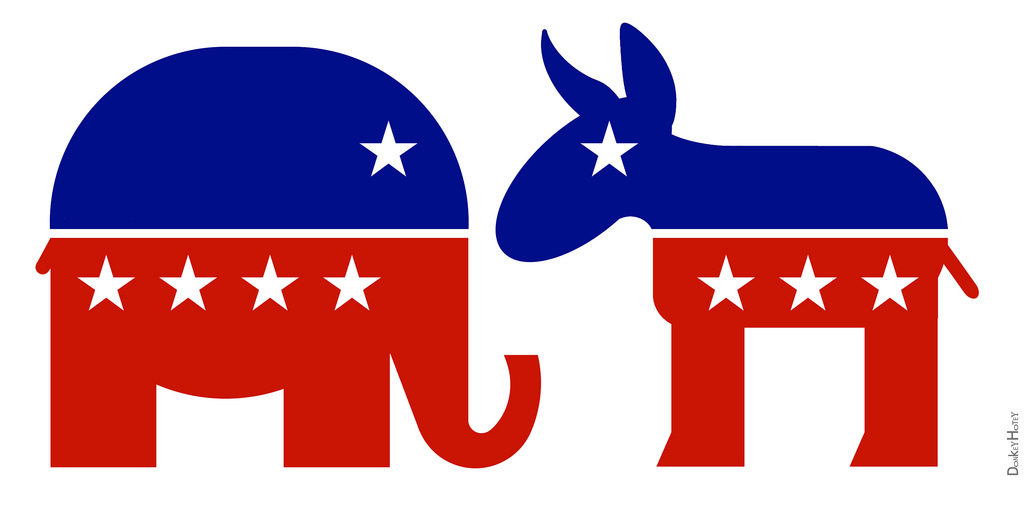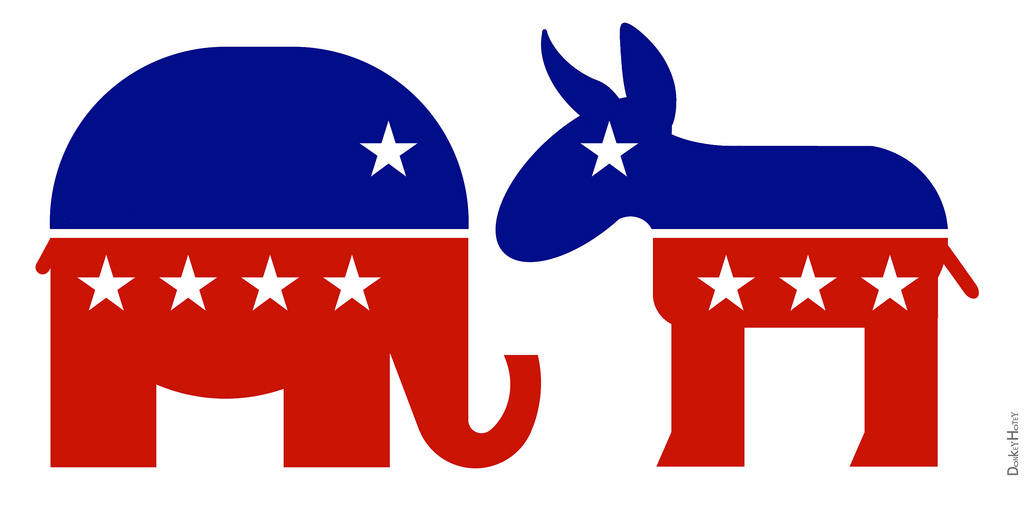
Democracy in America lost when the winner-take-all system became a fundamental part of the electoral process. With only two states — Maine and Nebraska — proportionally represented, our nation has been taken over by the duopoly we know as the two-party system.
In the winner-take-all system, electoral college delegates cast all their votes for whichever candidate receives the plurality of the popular vote. The losing candidates win nothing, even if they earn a substantial number of votes. As a result, states are strongly influenced by heavily populated areas, especially during presidential elections.
Rural and underpopulated areas are not fairly represented in states that adhere to this limited system. In a nation that boasts of its representative democracy, this system makes the U.S. hypocritical. Although Michigan has leaned red in nearly all of its state elections since 2010, it has historically gone blue in presidential elections because of Detroit’s sway. This is a direct result of winner-take-all.
Citizens who cast their votes in rural areas become political spectators in the nosebleed section — watching as one city determines the color of the entire state. Since many major cities are dominated by a single political viewpoint, this system ensures that one party will have a political monopoly, predetermining the winner before the election even takes place. According to Fair Vote, a nonpartisan organization trying to reform the system, two in five state legislative races go uncontested as a result, and nearly 99 percent of congressional incumbents win reelection by large margins. How is this democratic? In a system where every vote should count, ethnic and political minorities as well as third parties are being severely underrepresented.
The worst part is that states choose to abide by the rules of this system. The Constitution gives states the freedom to establish their own electoral systems, and the majority of states have opted for the winner-take-all system since the election of 1842, when they first began using it to choose their presidential electors. Maine and Nebraska are the only states which are proportionally represented, meaning each candidate receives a portion of the electoral votes based off the proportionality of the popular election. This system creates fair representation, and gives voters more options.
Voices outside the two-party system, normally stifled by their inability to draw an overwhelming majority of the popular vote, can actually be heard. Proportional representation does not mean the elimination of majority rule. It still allows for candidates who win the majority of the popular votes to receive the greatest number of electoral votes. It is merely based on the belief that elections should be a mirror of the citizens’ political opinions, which the winner-take-all system has eliminated.
The winner-take-all system encourages and even sustains the political gridlock the two-party system creates. As a result, over 45 percent of the citizenry is not represented, according to Fair Vote.
This is not the representative democracy the Founders envisioned. In Federalist Paper No. 10, James Madison argues that extending the sphere, both territorially and ideologically, is the only way to prevent the tyrannical reign of factions. This means that our electoral system should be encouraging the growth of new opinions and ideas, rather than stifling them.
Instead of allowing multiple parties to play a role in our so-called democracy, we have allowed two parties to call the shots through the winner-take-all system. So for those who voted and anxiously waited for the results of the election to be revealed: don’t worry. Your vote probably didn’t matter anyway.

